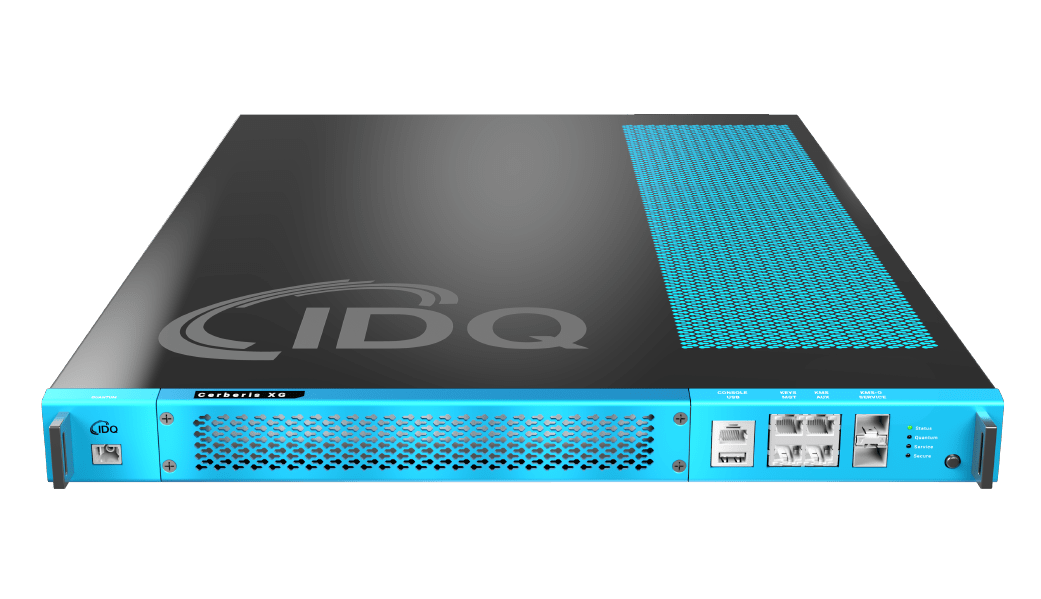
ID Quantique: 4th generation QKD XG Series
ID Quantique (IDQ), the world leader in quantum-safe security solutions, today launched the Cerberis XG at the Inside Quantum Technology conference (IQT).
By visiting our site, you agree to our privacy policy regarding cookies, tracking statistics, etc.

ID Quantique (IDQ), the world leader in quantum-safe security solutions, today launched the Cerberis XG at the Inside Quantum Technology conference (IQT).
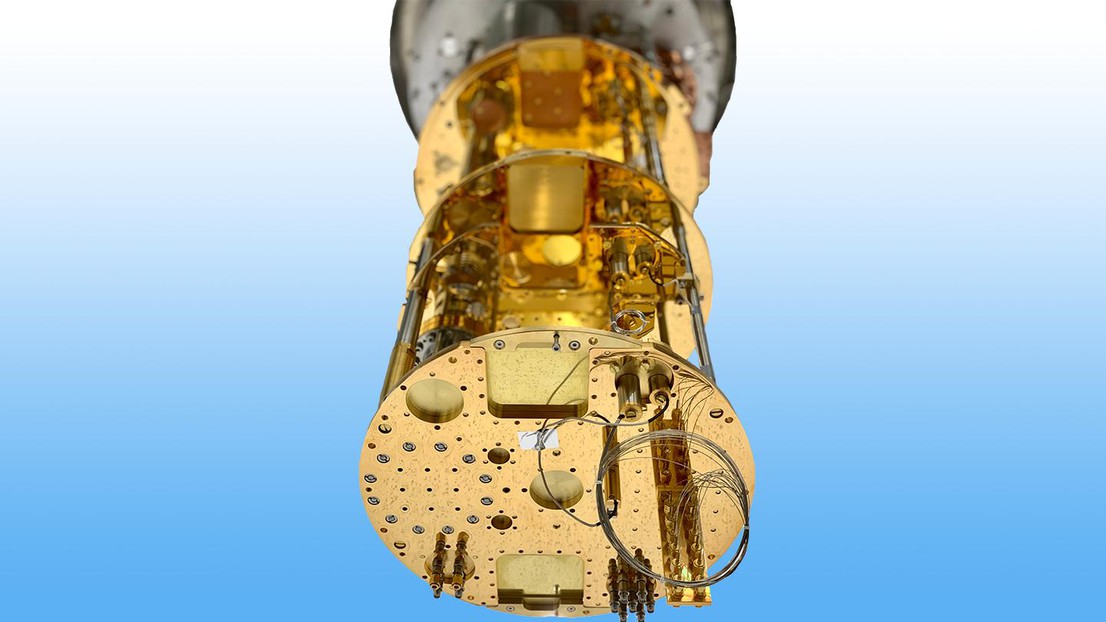
Researchers in the group of Professor Tobias J. Kippenberg at EPFL’s School of Basic Sciences have now developed a novel approach that uses light to read out superconducting circuits, thus overcoming the scaling challenges of […]
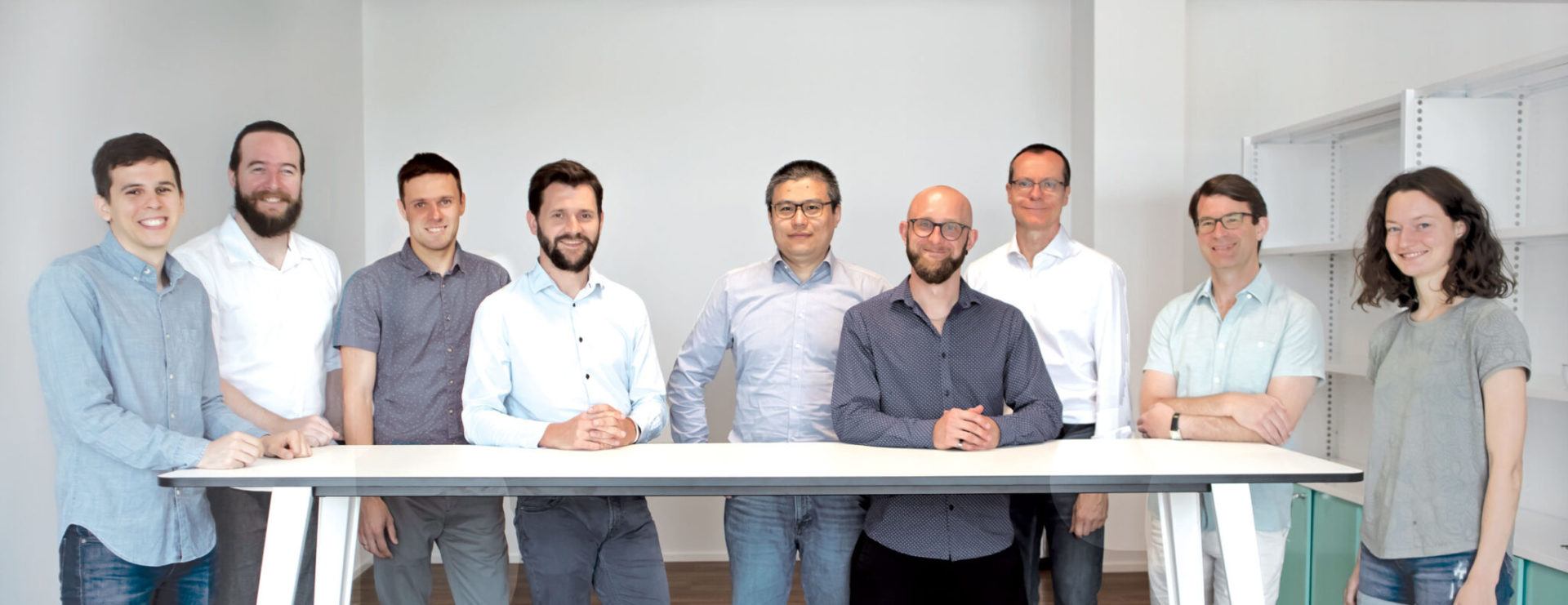
Qnami announced today the closing of a 4.0M CHF (4.4M USD) Series A financing round led by Venture Capital funds Runa Capital and SIT Capital, further supported by Seed Round investors Quantonation, Verve Ventures, Zürcher […]
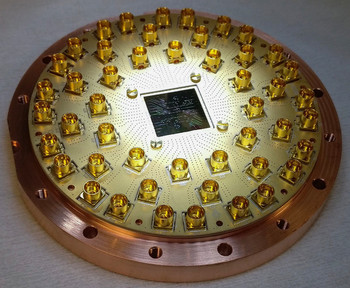
ETH Zurich and the Paul Scherrer Institute (PSI) establish a joint centre for the development of quantum computers. Its aim is to advance the realization of quantum computers based on both ion traps and superconducting […]
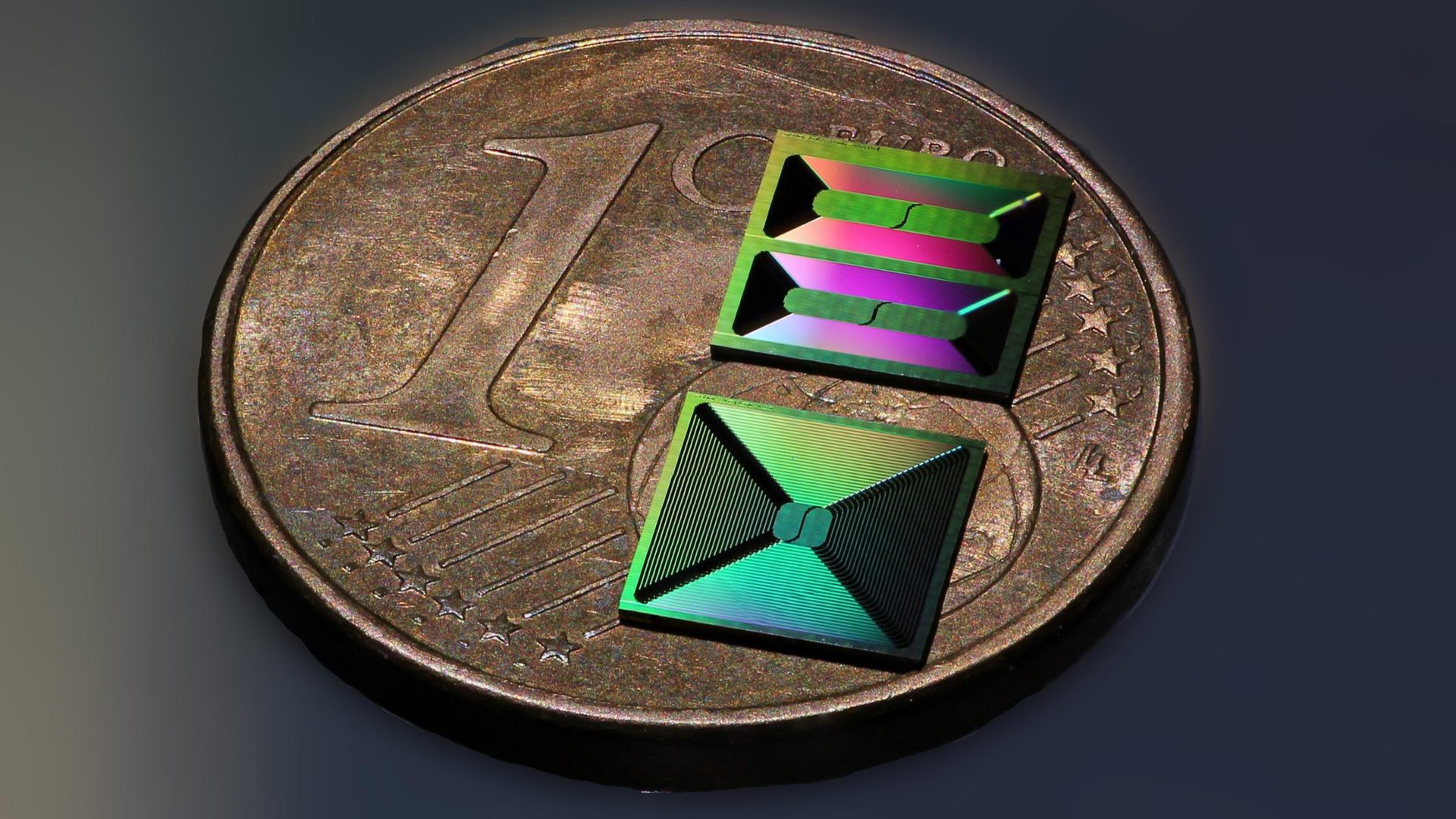
Integrated silicon nitride photonic chips with meter-long spiral waveguides. Credit: Jijun He and Junqiu Liu (EPFL). Scientists in the group of Professor Tobias J. Kippenberg at EPFL’s School of Basic Sciences have developed ultralow-loss silicon […]

Einstein-Podolski-Rosen correlations can be used for precision measurements. (Image: Jurik Peter, Shutterstock) Quantum systems consisting of several particles can be used to measure magnetic or electric fields more precisely. A young physicist at the University […]

by Thomas Bohn – Executive Director of the Greater Geneva Bern area (GGBa) Switzerland is an innovation hotspot in the heart of Europe: it has been topping the Global Innovation Index for the past ten years, it […]
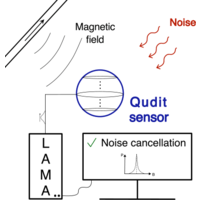
A research team around Quantum tech startup Terra Quantum pushed sensing capacity beyond what has previously been achievable by exploiting quantum resources.
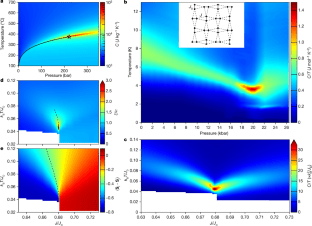
EPFL and the Paul Scherrer Institute have studied a discontinuous phase transition to observe the first ever critical point in a quantum magnet, similar to that of water.
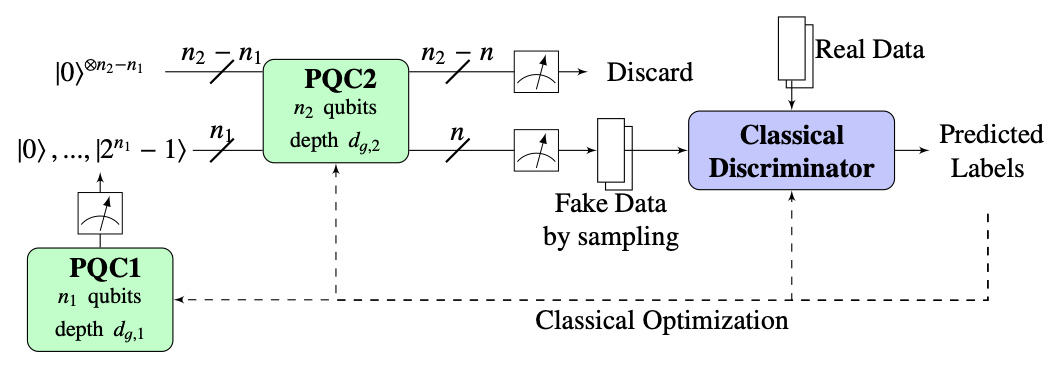
Cambridge Quantum Computing (CQC) and CERN have posted an article on Arxiv proposing the dual-Parameterized Quantum Circuit (PQC) Generative Adversarial Network (GAN) for generative modelling applications in High-Energy Physics (specifically for generating typical calorimeter images). […]
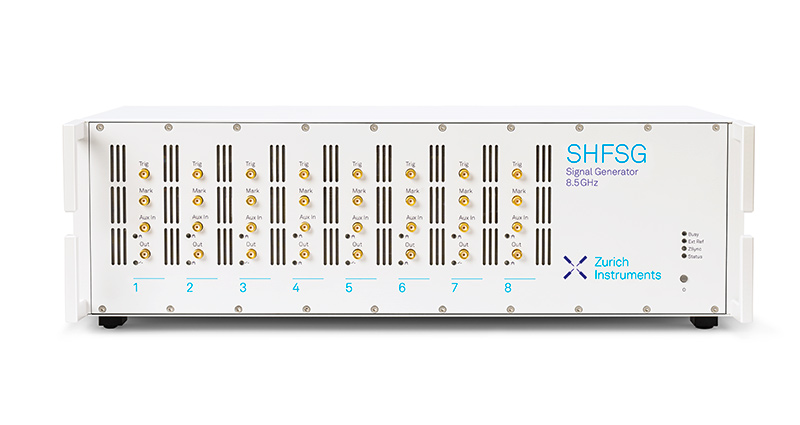
The SHFSG Signal Generator is an instrument designed to control superconducting and spin qubits and reach higher fidelities with less overhead time. As the first solution of its kind on the market, the SHFSG operates […]
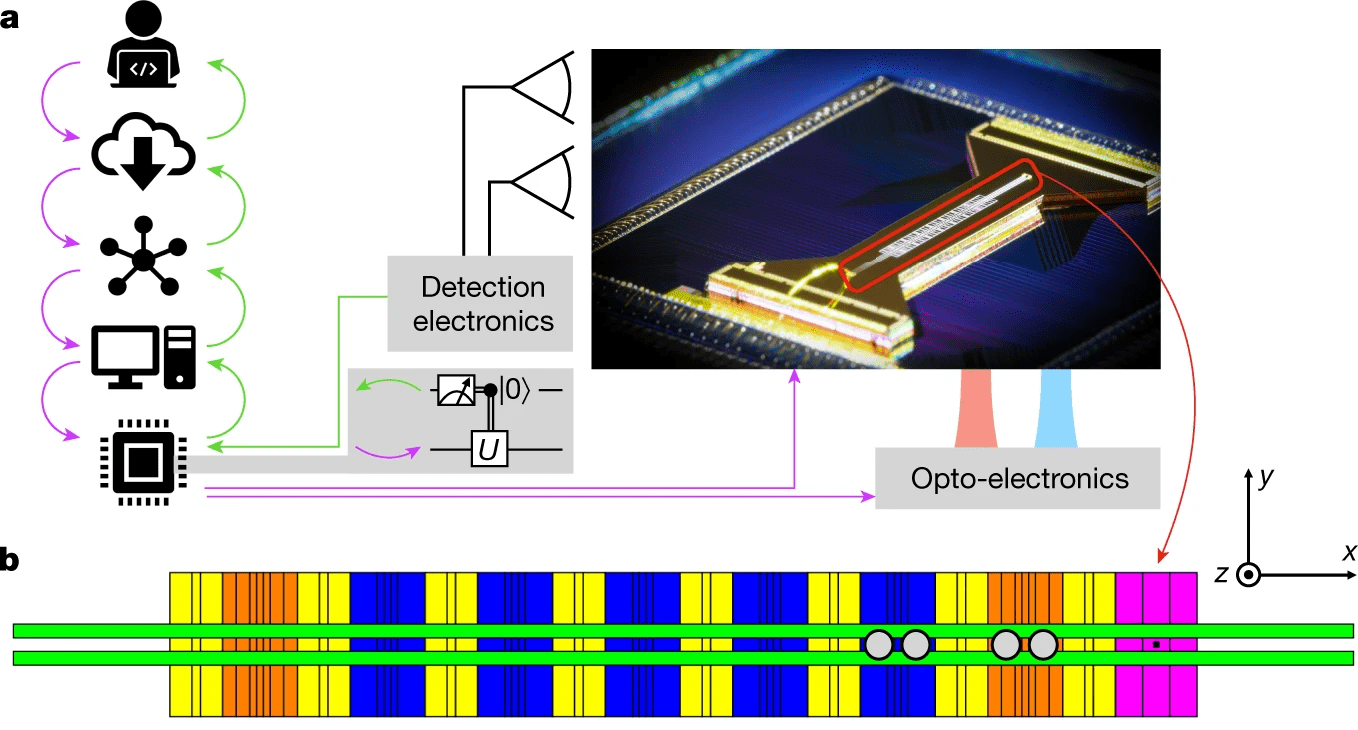
Trapped-ions is considered as one of the most promising mean to create most usable quibits, because it requires only a single ion crystal in a single trapping region. Unfortunately, it appears that this approach is unlikely […]
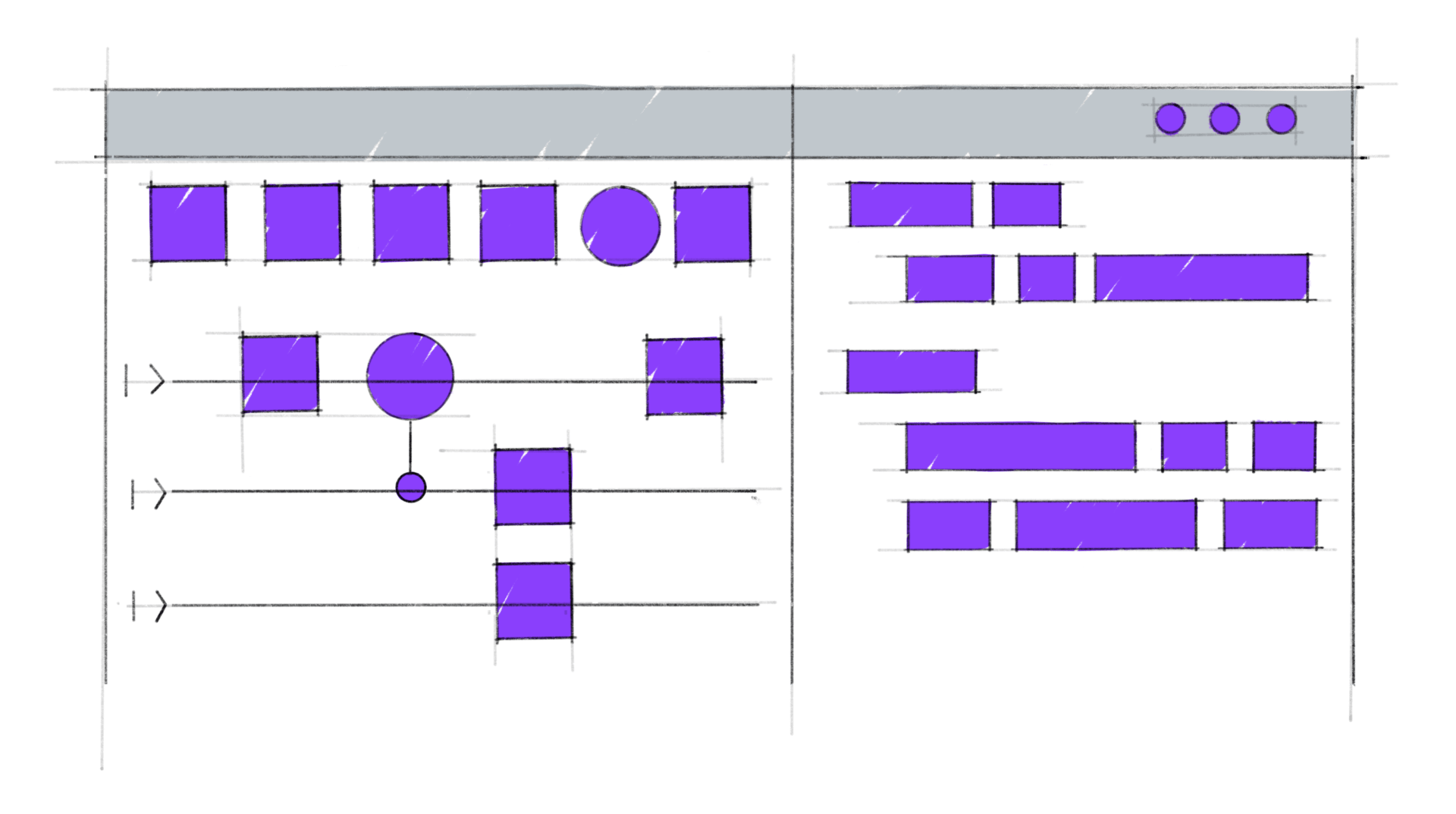
IBM Quantum and Qiskit team announced the IBM Quantum Developer Certification — the world’s first ever developer certification for programming a quantum computer. The purpose of this test, a 60-questions exam, is to certify that the members […]
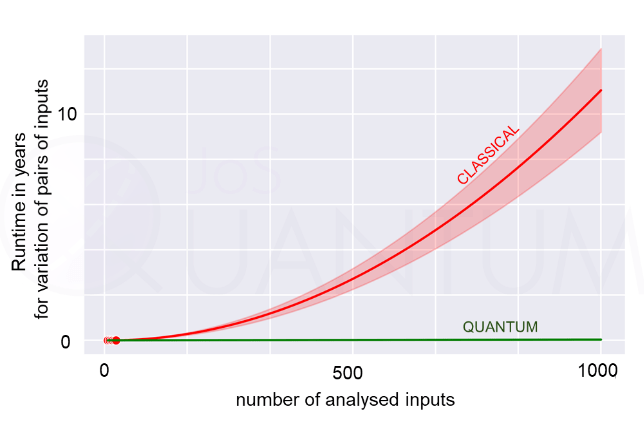
Except for Value at Risk and option pricing, quantum algorithm are not often used to solve problems in finance. Indeed, such analysis are computationally too expensive to perform on classical computers. In this study, authors […]
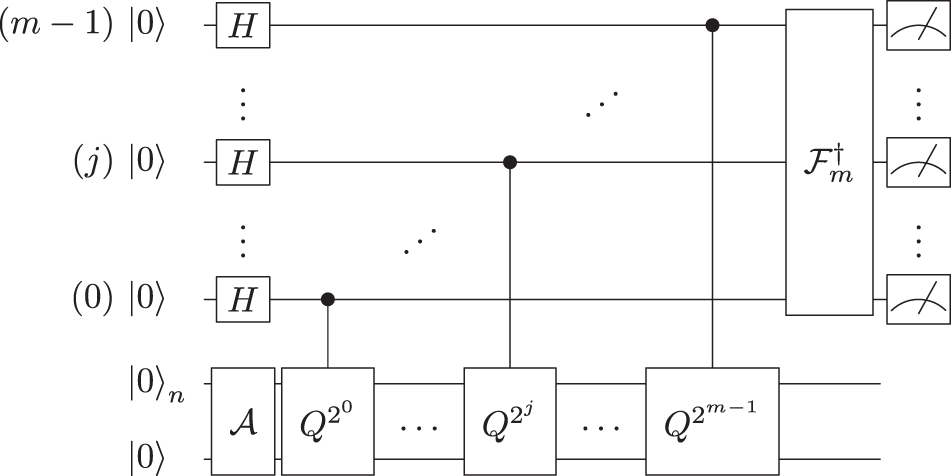
A team of researchers at IBM Quantum and ETH, Switzerland, has introduced a variant of Quantum Amplitude Estimation (QAE), called Iterative QAE (IQAE), which does not rely on Quantum Phase Estimation (QPE) but is only based on Grover’s Algorithm, which reduces […]

Dr Julien Levallois becomes the new President of Swiss Quantum Hub association.

A team of researchers at IBM Research – Zurich, Switzerland, has presented a resource-efficient quantum algorithm for protein folding. Predicting the three-dimensional structure of a protein from its primary sequence of amino acids is known […]
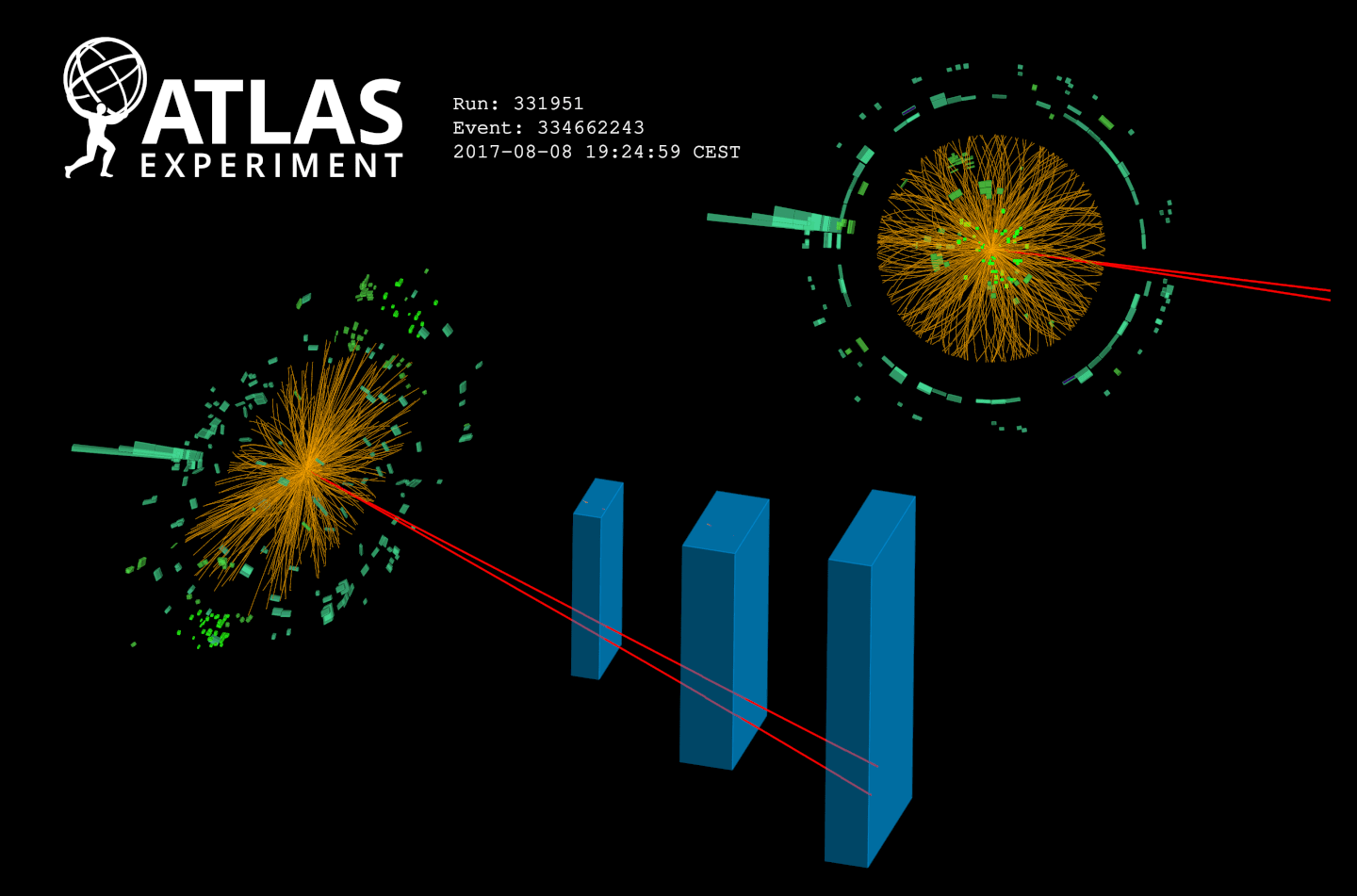
CERN’s ATLAS has found first evidence of the Higgs Boson decaying to two leptons (either an electron or a muon pair with opposite charge) and a photon. Known as “Dalitz decay”, this is one of the rarest Higgs boson decays yet seen at the LHC.

Using the IBM Q computer, physicists at EPFL have verified for the first time the tight relationship between quantum entanglement and wave-particle duality, showing that the former controls the latter in a quantum system.

Fault-tolerant quantum computers offer the promise of dramatically improving machine learning through speed-ups in computation or improved model scalability. In the near-term, however, the benefits of Quantum Machine Learning (QML) are not so clear. Understanding […]
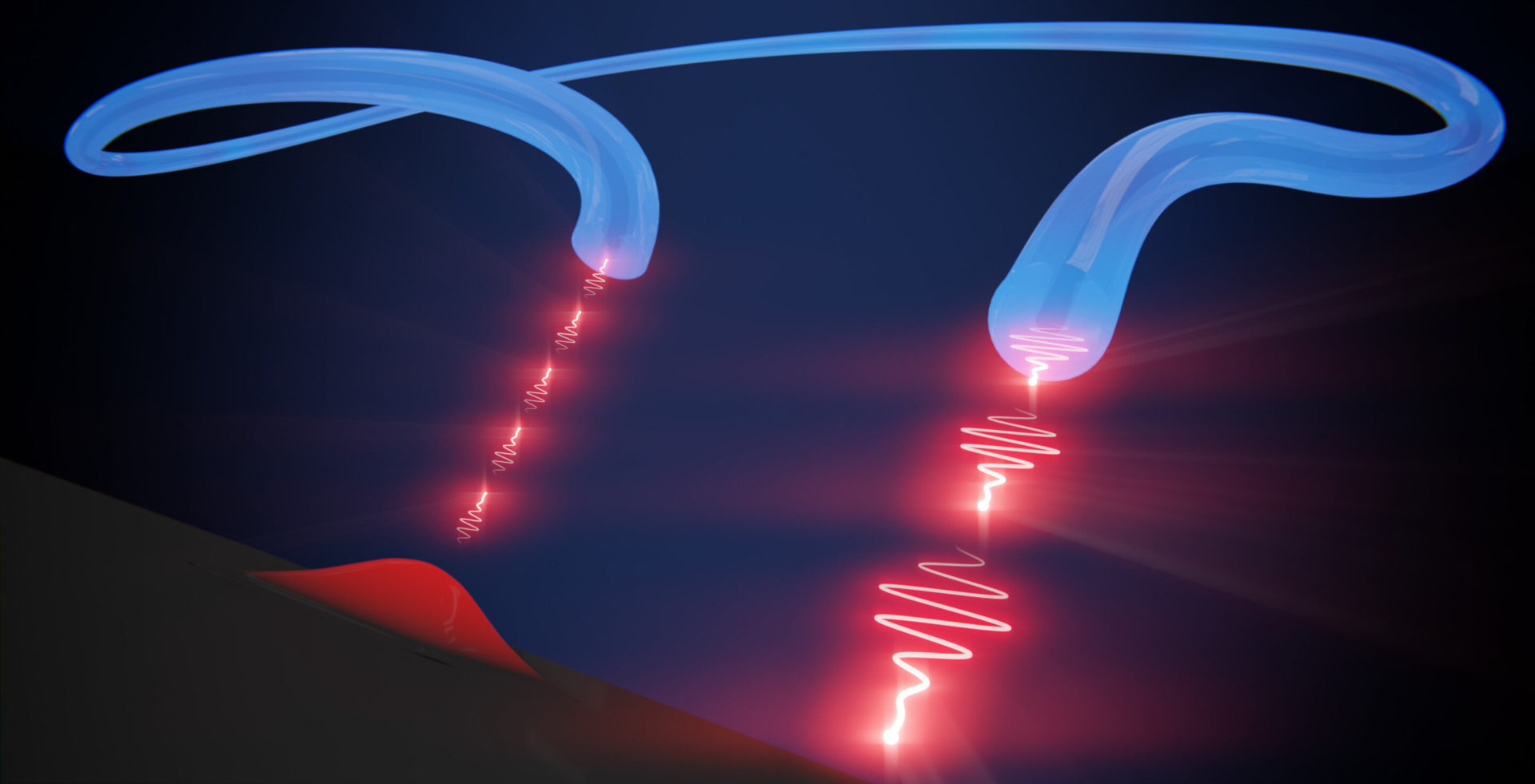
Researchers at the University of Basel and Ruhr University Bochum have developed a source of single photons that can produce billions of these quantum particles per second. Each photon is created by exciting a single […]
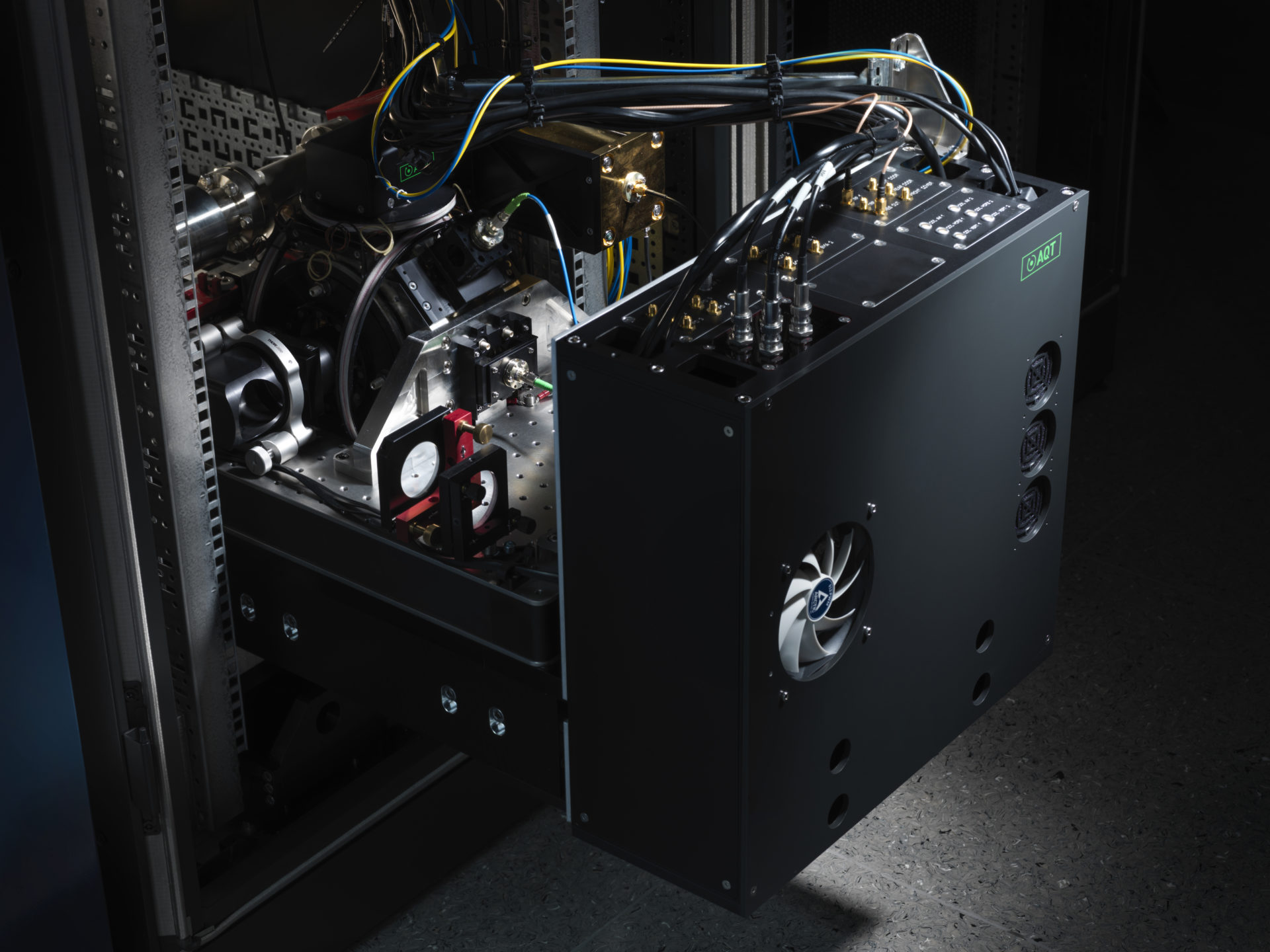
Austrian AQT startup has just announced their compact ion-trap quantum computer prototype, demonstrating 24 qubit GHZ entanglement in a room-temperature setup housed in two 19-inch racks. This research work in cooperation with the University of Innsbruck, […]

Cambridge Quantum Computing (CQC) has just announced their collaboration with Roche, to design and implement noisy-intermediate-scale-quantum (NISQ) algorithms for early-stage drug discovery and development. The multi-year collaboration will combine the expertise of both CQC and […]
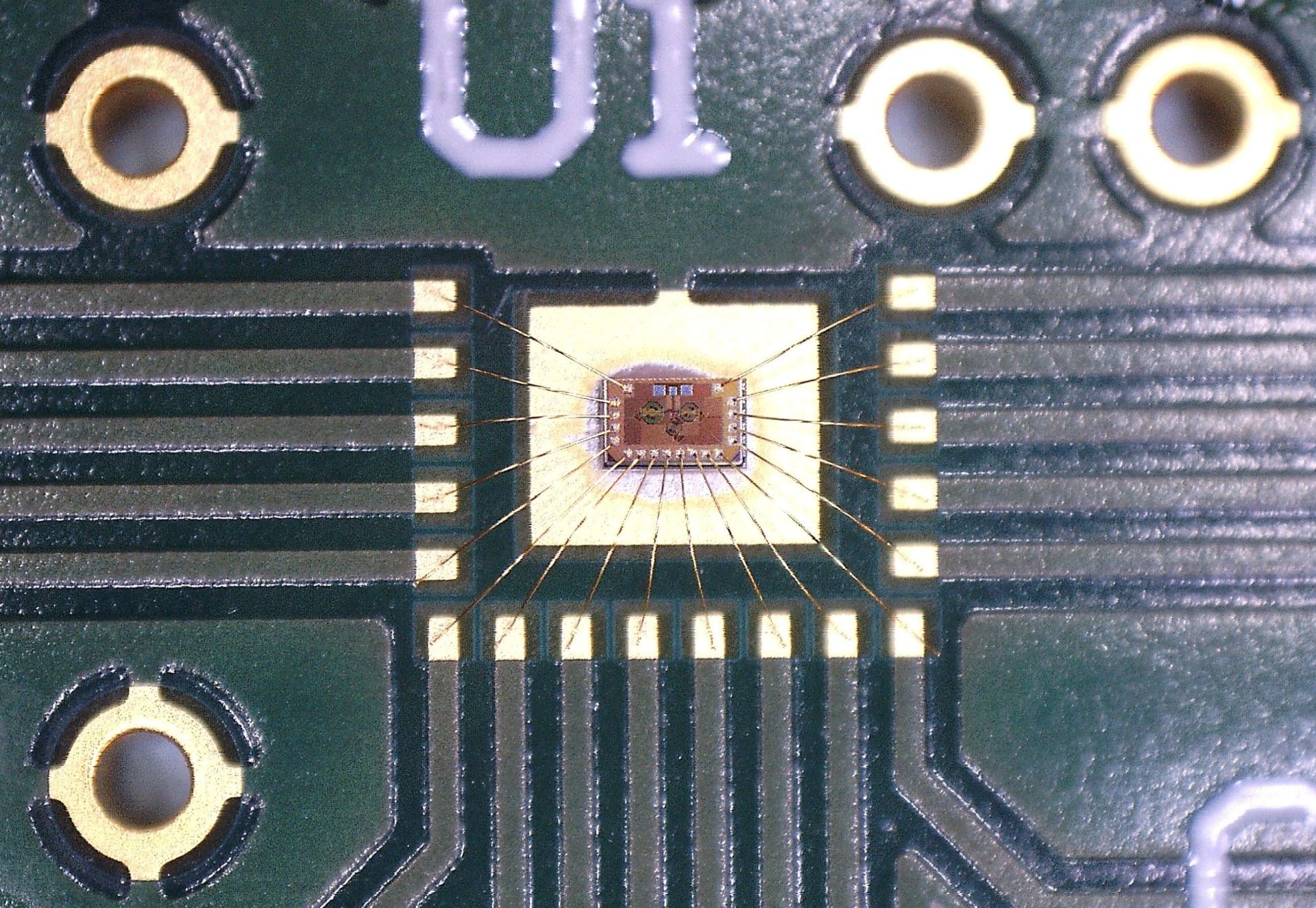
Solid-state quantum computers require classical electronics to control and readout individual qubits and to enable fast classical data processing. Integrating both subsystems at deep cryogenic temperatures, where solid- state quantum processors operate best, may solve […]
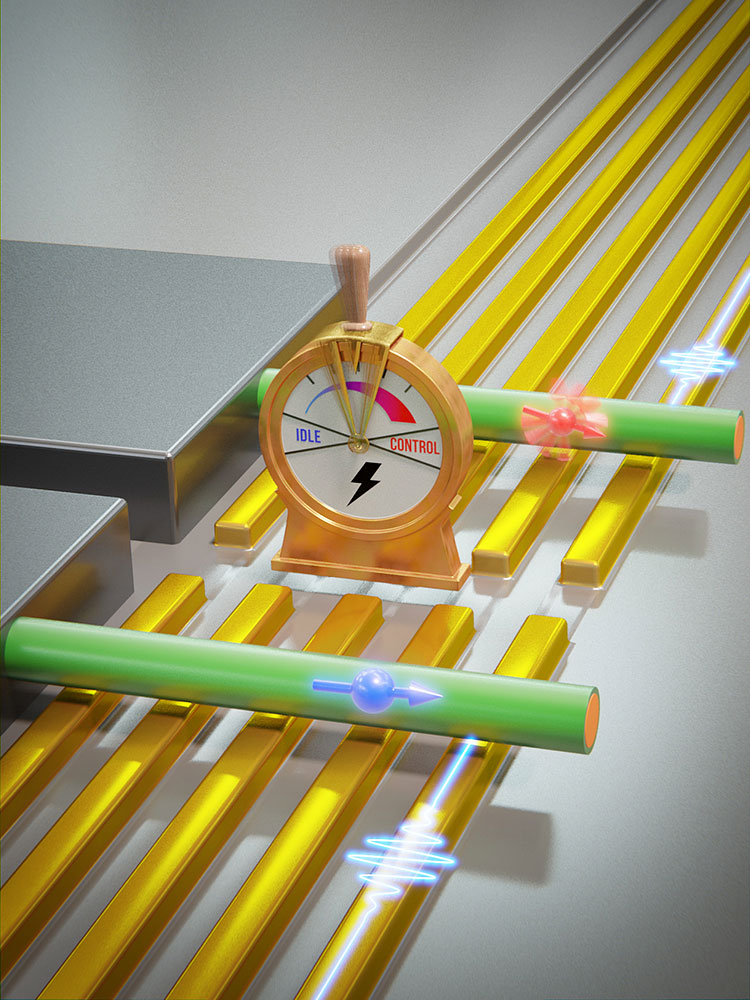
Researchers from the University of Basel and TU Eindhoven have produced a new type of qubit that can be switched from a stable idle mode to a fast calculation mode.
